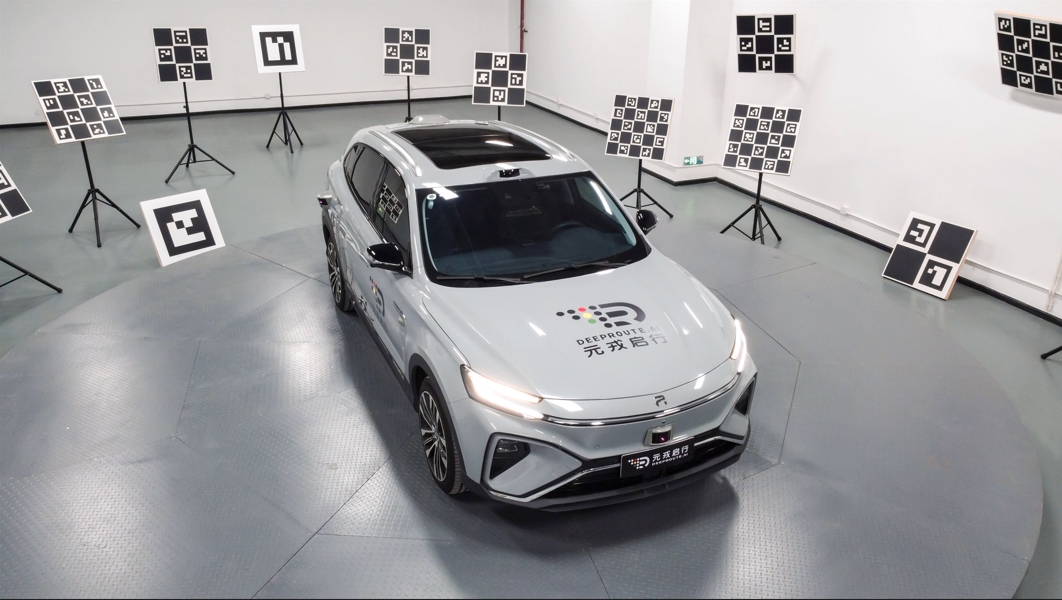Autonomous driving cars need precise perception of the surroundings to conduct safe driving. Cameras, LiDARs and other sensors of the autonomous vehicles are the equivalent of human eyes. All the data collected by sensors needs to be processed to pass to perception algorithm.
The coordinates on sensor data (images, point clouds, etc.) can be converted correspondingly to the real world, which can be calculated by a formula obtained through modeling. These formulas include the extrinsic parameters and intrinsic parameters of the sensor. The intrinsic parameters are mainly related to intrinsic factors such as the focal length and the coordinates of the laser transmitter. The extrinsic parameters mainly refer to the installation location of the sensors etc.
Calibration is done through experiments that are carried out to obtain the intrinsic and extrinsic parameters, and thus achieving the unification of the coordinates of each sensor.
Currently, using solid-state LiDARs in self-driving is becoming increasingly popular. As early as December 2021, DeepRoute.ai released an autonomous driving solution that uses solid-state LiDAR. Compared with mechanical radar, the FoV (field of view) of solid-state LiDAR and the overlapping area of multiple radars are very limited. Therefore, a different algorithm is required for solid-state LiDARs calibration. DeepRoute.ai adopted its proprietary algorithm, and is the first L4 autonomous driving company in the industry to execute solid-state LiDAR calibration.
Sensor calibration was far from efficient in the early research and development phase of autonomous driving. Contour alignment, environment reconstruction and other methods are either inaccurate, unproductive or put high demand on the environment. As autonomous driving enters the next stage for mass production, previous calibration methods will be obsolete. What the industry needs is an efficient and accurate calibration mode: a calibration center. Especially when it comes to the mass production of intelligent vehicles, the calibration center is more suitable to be standardized operation process. Meeting various standards, the calibration center connects vehicle production to complete the sensor calibration before the cars leave the factory, thus ensuring the safety of automatic driving.
Aiming for mass production, DeepRoute.ai has built a standardized calibration center. With precision and consistency, the calibration of one vehicle only takes one minute. As DeepRoute.ai is working with automakers, both parties jointly research calibration center solutions to prepare for the mass production of highly automated vehicles.
